The University Bookman
Reviewing Books that Build Culture
Watch James Panero of the New Criterion discuss “The Urbanity of Russell Kirk” at the 2025 Gerald Russello Memorial Lecture.
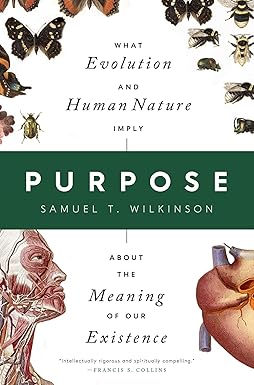
Science and Meaning: Parallel Tracks?
“Science is not the sort of activity that can answer the question, ‘Does life have meaning?’ To expect science to answer that question is like expecting your plumber to tell you whether installing fancier bathroom fixtures will make you happier.”
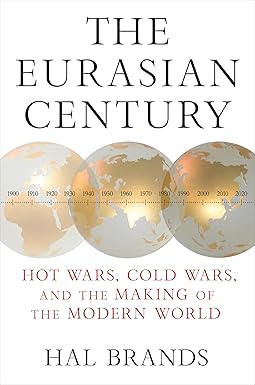
Geopolitics and the Making of the Modern World
“Brands’s book should find a ready audience among those interested in developments in the international scene over the last century. It is particularly effective in dealing with the threat that China’s emerging power and influence pose to the West today…”
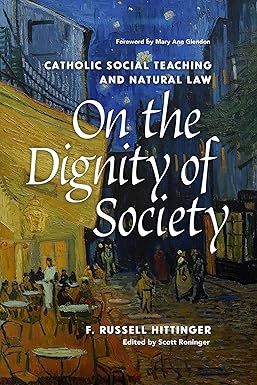
The Context for Human Dignity
“While the twentieth century was still sporadically marked by remnants of Christian influence and dominance, the twenty-first has seen the final divorce of the secular and sacred, and the consequences are evident. What Leo XIII warned of, the evils he battled, have been let loose, paradigmatically captured by Artificial Intelligence which poorly imitates and devalues that which makes us essentially human… We would do well then to read Hittinger’s book in reflecting on how to face these challenges.”
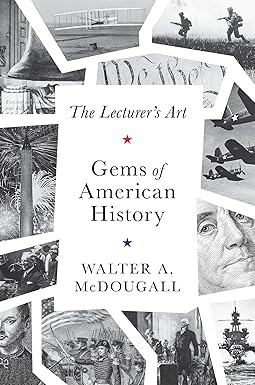
Between Greatness and Hubris
“At the core of [the book] is the notion that while America is an exceptional nation, we are not immune from the perils that beset past countries and empires.”
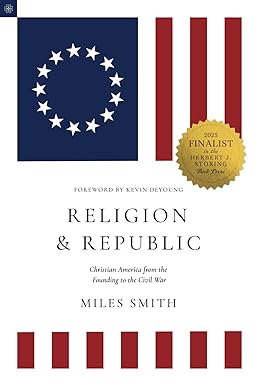
Protestant Institutionalism and Christian America
“…Smith provides a thematic overview of the period between 1800 and 1860. His book is somewhat unique in that whereas many debates concern the religious character of the Founding or the Founders, Smith is concerned with the period afterwards.”
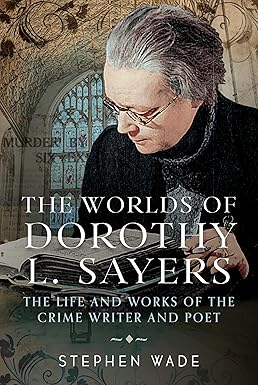
Reviving the Vanished Voice of a Maker
“Dorothy L. Sayers was the premiere female Christian intellectual of twentieth-century Britain, whose foremost accomplishments include being a pioneering detective novelist and religious dramatist, a daring translator of Dante, and a trenchant social critic who advanced a sacramental notion of work against technocratic utilitarianism.”
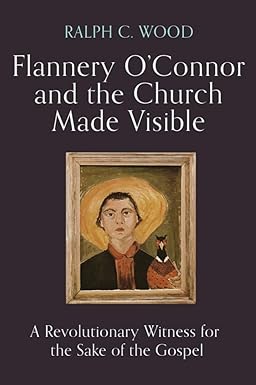
A Scholar for all Seasons
“With this kind of project, the challenge for the author is to craft a thesis that justifies the collection of essays and brings unity to the collection. Wood has done so as well as anyone might. The thesis of the book makes a statement about the Christian church in America.”
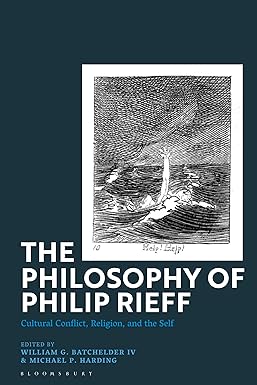
The Formless Void of the Therapeutic
“We are experiencing, in the post-modern era, a slow-motion clash of visions: one which looks outward to the logos; another which finds meaning emerging from within. We need some sense of hope that psychological man does not extinguish what is best about us. To find hope, we must begin with understanding. To find understanding, we might begin with Philip Rieff and with Rieffian thought as developed in this excellent book.”

Thales College Essay Contest Winners
Thales College, a liberal arts and professional education institution based in Raleigh, North Carolina, hosted an international essay contest for high school students. In line with its tradition of publishing rising thinkers alongside established humane voices, The University Bookman is publishing the top two essays from the contest.
The Book Gallery
A collection of conversations with Bookman editor Luke C. Sheahan and writers and authors of imagination and erudition. Click on the icon in the upper right corner of the video to see more episodes in this series or check out our YouTube page.
